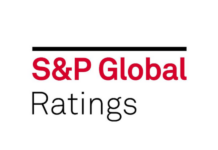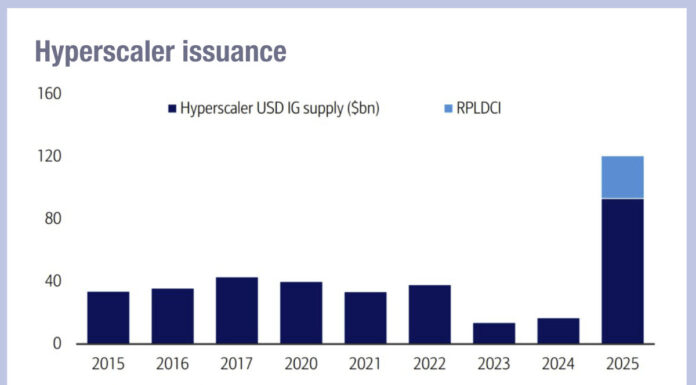
Amara Mulliner, a quant researcher at Man AHL and University of Cambridge economics graduate, and her colleagues have proposed a new way to qualify economic regimes, based on matching studied conditions with historical resemblant set of variables rather than presupposed set of possible regimes.

The research, co-authored with Campbell Harvey of Duke University and other Man alumni, introduces a method that leverages historical economic variables to try and inform better asset positioning decisions.
The research published 4 March 2025 comes as Man Groups’ strategies have suffered poor performances amid sharp reversals in assets prices following April’s ‘Liberation Day’. The flagship Man AHL alpha fund is down 13.5% year-on-year.
The method proposed by Mulliner and her colleagues aims to bypass the usual limitations of traditional regime detection. They typically rely on preset classifications like economic growth and inflation thresholds. Instead, their approach systematically identifies periods historically similar to the current economic conditions via a flexible comparison of economic state variables. These variables—selected to avoid look-ahead bias—include the S&P 500 index, yield curve slope, crude oil prices, copper prices, US treasury bill yields, equity market volatility, and stock-bond correlations.
The main avenue their system uses is to measure the distance between current and historical economic state values. It classifies periods into regimes (most similar) and anti-regimes (the least similar historical periods). Mulliner’s paper demonstrates that positions based on similar historical regimes significantly outperformed, with alpha exceeding three standard deviations from zero, highlighting the predictive strength of their systematic approach.
The researchers demonstrated the practical utility of their method by applying it retrospectively across the global financial crisis, the COVID-19 pandemic, and the 2022 inflationary surge. The global financial crisis data strongly correlated with other historical recessionary periods, notably the double-dip recessions of the 1980s. The COVID-19 crisis, on the other hand, was unprecedented in modern economic history, and had far fewer clear historical analogues. The inflationary period of 2022 was found similar to the inflationary pressures of the late 1970s and early 1980s, triggered by the Iranian Revolution and the OPEC oil embargo. The paper concludes with support for the need of extensive historical data.
The researchers suggest that including dynamic weighting of economic variables based on predictive power may lead to additional enhancements to their approach.
©Markets Media Europe 2025













